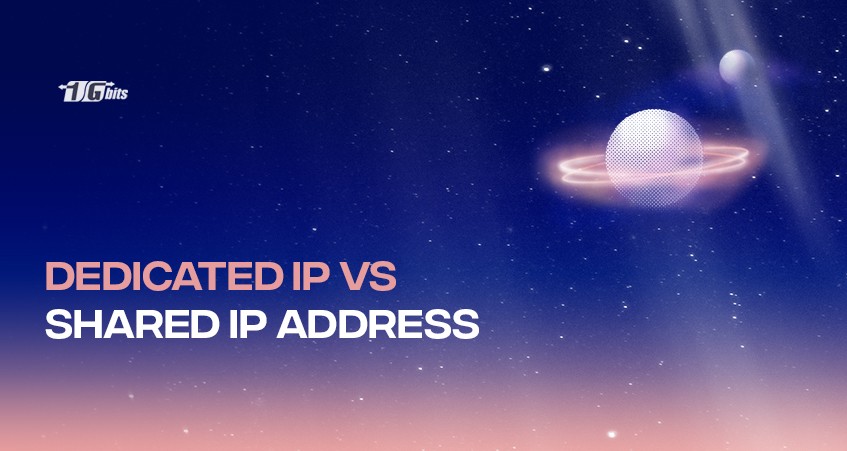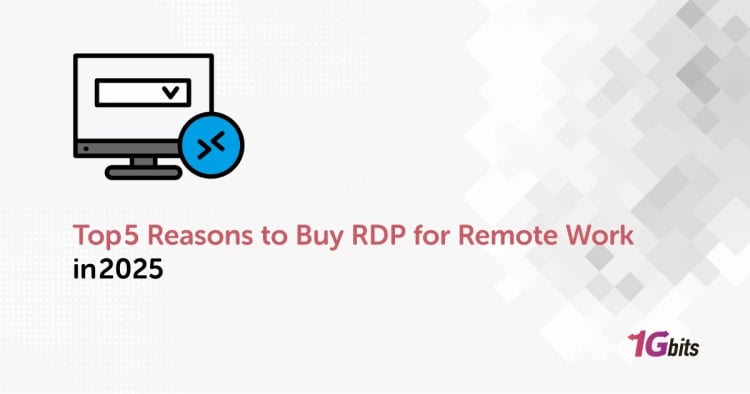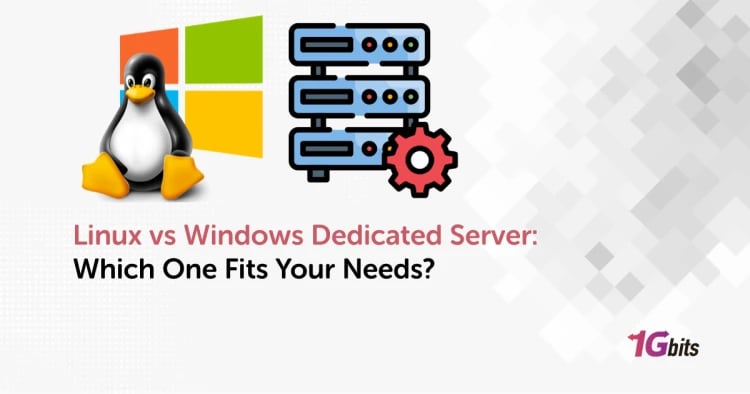In this Dedicated IP Vs Shared IP article, we will explain what they are, their differences, and which is better for you.
When any computer or server connects to the internet - that is, it communicates with other devices on a huge global network of computers - it uses a string of digits called an Internet Protocol address to identify itself and establish a communication link with whoever it wants to exchange data and requests.
This IP address is in accordance with the TCP/IP methodology of connecting computers and servers across the World Wide Web, and it allows them to send information back and forth and communicate with each other.

Although IP addresses are generally very simple and easy to understand, they are not uniform identifiers. In fact, they actually come in two different forms, and each type has its own unique advantages and disadvantages.
It is up to you to decide which kind of Internet Protocol address is the right one to fulfil your requirements. So, in this article, we’ll explore what a dedicated IP address is and what a shared IP address is too.
It’s also essential to understand the fundamentals of IP addresses; for a deeper insight, check out our article on What is an IP Address.
We’ll compare them and see what the individual benefits of drawbacks of each kind of Internet Protocol address are, then recommend which one you would need! We hope this article helps you.
Dedicated IP vs Shared IP
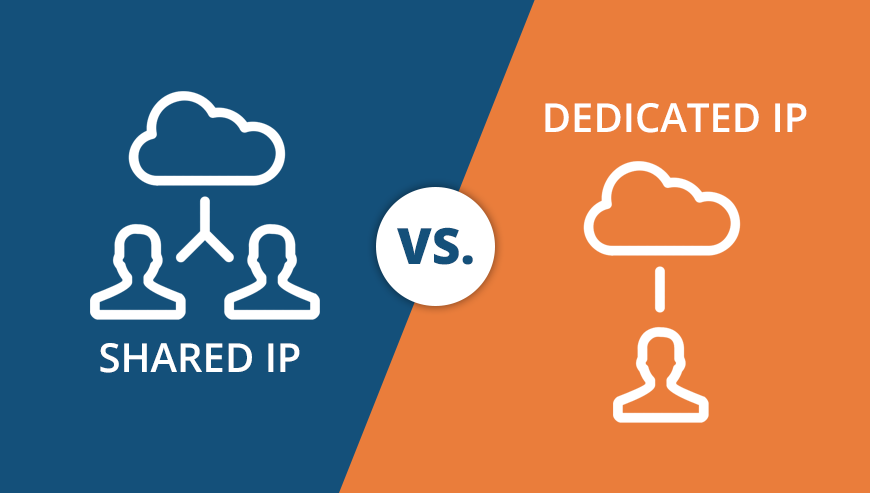
What is Shared IP?
A shared Internet Protocol address is the most commonly used type of IP for most servers and computers that are accessing the World Wide Web. With a shared IP, each individual computer, router or network accessing the internet does not have its own personal string of digits to identify it.
Of course, each device will have a unique MAC address, but it needs more than this to get online properly. For this, you need an IP address, and you are not the only device connecting to it when you're using a shared IP address. To learn more about the significance of MAC addresses in network communication, check out our detailed guide on What is a MAC Address.
The IP address is also used to identify many other websites hosting the same hosting provider. In fact, shared Internet Protocol addresses are so common that single ones are used to covering almost all the websites on an entire web server.
Usually, when you have a shared IP, you can host your website smoothly and have minimal downtime. Maintenance is good, and you should not face problems for most website purposes.

For example, if you just wanted to set up a website for your small business or write a personal blog, you could easily do this on a shared IP and never encounter any trouble.
However, shared IPs aren’t perfect for everything, and although they serve the vast majority of requirements flawlessly, there are benefits to using the other kind of Internet Protocol address.
What is a Dedicated IP?
It should be fairly self-explanatory what a dedicated Internet Protocol address is in comparison to a shared IP.
With a dedicated IP, only your website or device is identified by that unique string of digits; therefore, you are not sharing with anyone else. The IP address is all yours, and that means it points directly and only towards your site.
For a deeper understanding of how a dedicated IP address works and its benefits, check out our detailed guide on What Is A Dedicated IP Address?.
This is basically the opposite type of IP address to a shared Internet Protocol, and it has various benefits for developers of large websites, huge corporations and people looking to run intensive experiments on their hosting.
Because this single Internet Protocol address is assigned to a single website, it means far more resources - such as processing power and Random Access Memory (or RAM) - are available to just that one server.
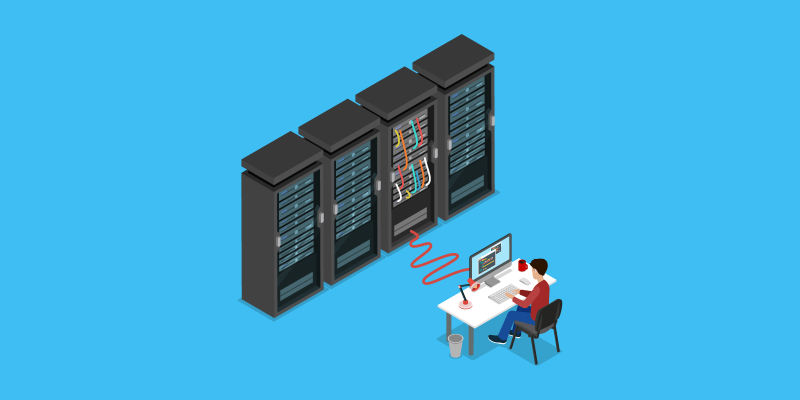
Let’s compare that to a shared Internet Protocol address. On a shared IP, you basically distribute out the server’s resources between all the websites that are being hosted. With a dedicated IP, on the other hand, all the resources go straight to you as you aren't sharing with any other websites.
Understandably, this has many advantages for large businesses. For example, a major retailer with a huge eCommerce store may need a dedicated Internet Protocol address, and that can be for many reasons.
Firstly, a shared IP will have far more storage for a heavy website and a faster connection to send this to clients - that is, the eCommerce store’s customers - when they send an HTTP request to the web server.
As requests can be dealt with faster, the connection can take far more people viewing and moving about the site. Furthermore, because significantly more resources are available, a large amount of traffic can be easily dealt with.

But the advantages of using a dedicated Internet Protocol, address over a shared one go way beyond just the speed of internet connection and the ability to deal with HTTP requests at a faster rate and greater capacity.
In fact, using a dedicated IP has the backdoor advantage for many developers at big corporations who want to work on a new website without having it go live and accessible on the mainstream internet.
When you connect to a website, you can use a domain name to quickly and easily tell your specific browser which IP address to connect to. When your website is hosted on a shared Internet Protocol address, you cannot simply type your IP address into the search bar and go to your specific websites.
That’s because the browser doesn’t know which of the many websites hosted on that IP you want to see. However, when you have a dedicated Internet Protocol address, there is only one website or collection of your own domains assigned to that IP, meaning you can use your hosting provider's IP address to access your website.
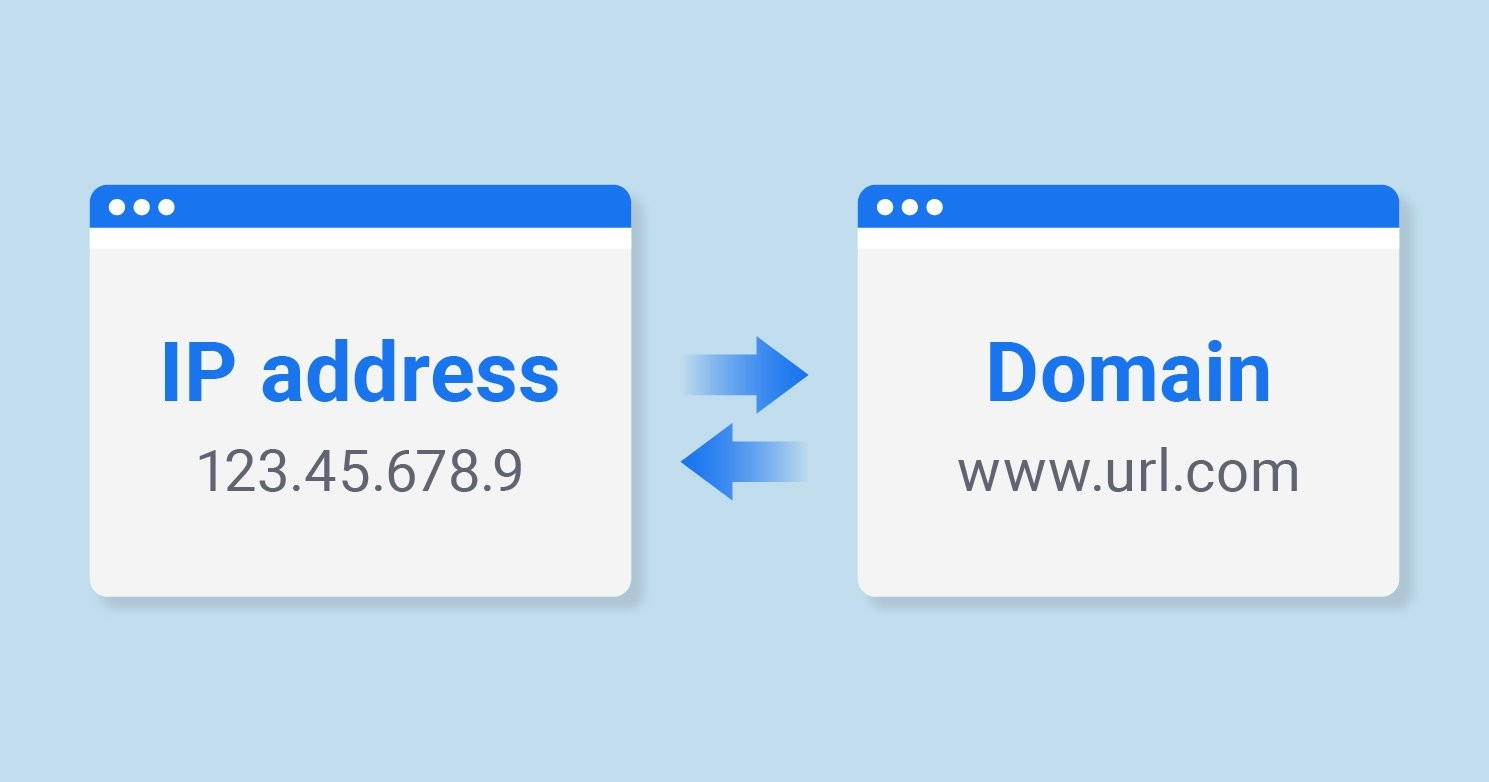
For many web developers, this is really great because it means they can keep the website mostly hidden from the mainstream internet while working on it.
So, although a shared Internet Protocol address is generally the best option for most websites like small business sites, blogs and personal web pages, they can have their limitations when it comes to experiments, heavy web applications, processing a lot of HTTP requests at a faster rate, and accessing the website through just searching up the IP address in your search bar.
For developers who want these advantages, you have to make the effort of contacting your hosting provider specifically to ask for a dedicated IP address, which may also cost you more.
Conclusion
In this Dedicated IP vs Shared IP article, we covered what a shared IP is and what a dedicated IP is, while also comparing how they work. We explained some of the advantages and disadvantages of each, and when and where you'd use each type. Whether you're using an IPv6 VPS for modern internet infrastructure or exploring the benefits of a residential IP VPS for more reliable, home-like connections, knowing the difference between dedicated and shared IPs can help you make better decisions. If this article helped you understand the differences between Dedicated IP and Shared IP, consider sharing it with the rest of the internet community.
Deciding between a dedicated and shared IP for your website? Unlocking advanced features and maximum control comes with a dedicated IP – buy a dedicated server to see if it's the right fit for your needs.
Deciding between a dedicated and shared IP for your website? Unlocking advanced features and maximum control comes with a dedicated IP – buy a dedicated server to see if it's the right fit for your needs. If you are considering the switch, be sure to check out our detailed guide on dedicated server pricing to find the best plan that suits your business requirements. For those on a budget, explore our options for cheap dedicated servers that provide excellent value without compromising on performance.
People also read:
